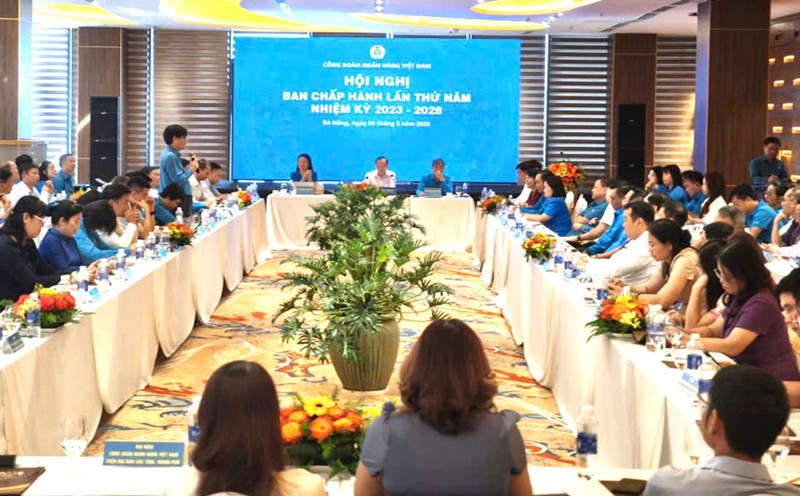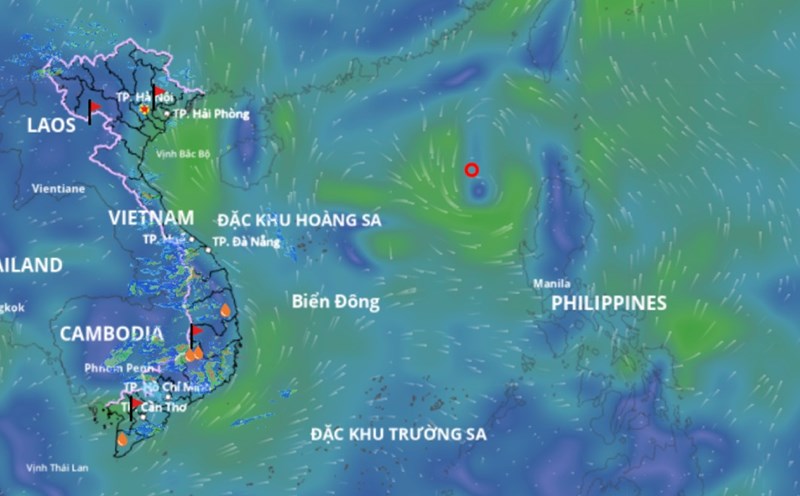Controversy over taxing individual rice growers: In case of renting machinery, will there be "direct production"?
A reader sent a question to the Ministry of Finance's Electronic Information Portal reflecting: local tax officials said that individuals who grow rice without hiring harvesters or workers will not be exempted from personal income tax (PIT), and agricultural product sales will not be recorded as PIT 01/TNDN.
The reader mentioned the case of Mr. A, an individual who directly grows rice on an area of 100 hectares (equivalent to about 13 hectares). The yield is 1 ton/crop, with a total output of 100 tons/crop. With a selling price of 7,000 VND/kg, Mr. A earns 700 million VND per crop.
During the production process, Mr. A hired the service of spraying aircraft, mixed-use dam harvesters and hired seasonal workers. Agricultural products sold are raw, unprocessed rice, purchased directly by a business. This enterprise has prepared statement 01/TNDN when accounting for the cost of purchasing goods without invoices.
However, according to readers' feedback, in some localities, local tax officials argue that:
Mr. A has a large revenue, exceeding 100 million VND/year, so he is considered a business individual, and must register for tax, declare and pay personal income tax.
Renting machinery, equipment and labor for production stages takes away the factor of "direct cultivation", no longer eligible for personal income tax exemption according to Circular 111/2013/TT-BTC and Clause 1, Article 5 of the Law on VAT 2024.
Therefore, the rice purchase transaction between the enterprise and Mr. A is not eligible for listing 01/TNDN, but must have an invoice.
Readers said that they hope that the Ministry of Finance will consider and guide them to ensure unified policy implementation, create favorable conditions for people to produce agriculture, and at the same time help businesses feel secure when fulfilling their tax obligations.
Can Tho City's No. 3 basic tax rate responds
In response to the above reflection, the Can Tho City Tax Department No. 3 issued a response document, published on the Ministry of Finance's Electronic Information Portal. The document does not give a specific point of view, but refers to the relevant legal system for the questioner and the competent authority to refer to.
Specifically, the document cited:
Point e, Clause 1, Article 3 of Circular 111/2013/TT-BTC: Income of individuals and households "directly participating in agricultural production, unprocessed" is income exempt from personal income tax.
Clause 1, Article 5 of the Law on VAT 2024: Unprocessed crop and livestock products, produced and sold by individuals, are not subject to VAT.
Point d, Clause 1, Article 2 of Circular 40/2021/TT-BTC: Subjects of application are households and individuals doing business, excluding people directly engaged in agricultural production, farming, fishing, salt making, etc.
Therefore, the document states that: if individuals directly participate in agricultural production, farming, fishing... without processing, they are exempted from personal income tax, are not subject to VAT and agricultural product sales transactions are still subject to list 01/TNDN instead of having to issue invoices.











